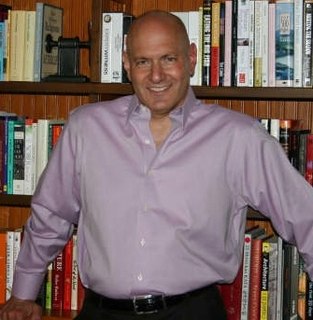A Quote by Jo Walton
Magic isn't inherently evil. But it does seem to be terribly bad for people.
Related Quotes
There are 3 kinds of magic in our world. The peddling little magician magic like Uncle Andrew in 'The Magicians Newphew' where people mess around with things they don't understand. It's movie magic. Then there is the magic of the evil side of things. The demonic forces. And that's not really magic... it's corruption of what really exists. And then finally there is the magic of the Holy Spirit of God which is the creation and maintenence of the universe. We don't understand it... and we haven't the faintest idea how He does it. But it's real. That's the deep magic.
When you see evil do not form ideas that are in the likeness of that evil; do not think of the evil as bad, but try to understand the forces that are back of that evil—forces that are good in themselves, though misdirected in their present state. By trying to understand the nature of the power that is back of evil or adversity, you will not form bad ideas, and therefore will feel no bad effects from experiences that may seem undesirable. At the same time, you will think your own thought about the experiences, thereby developing the power of the master mind.
In one sense, the Stanford prison study is more like a Greek drama than a traditional experiment, in that we have humanity, represented by a bunch of good people, pitted against an evil-producing situation. The question is, does the goodness of the people overwhelm the bad situation, or does the bad situation overwhelm the good people?
Magic has been around forever, and it's also been in trouble forever. I'm not suggesting that there was ever a time when the practice of magic was celebrated by those in power. Actually, such practices were routinely demonized by monarchs and organized religions precisely because magic is inherently democratic.
Evil denotes the lack of good. Not every absence of good is an evil, for absence may be taken either in a purely negative or in aprivative sense. Mere negation does not display the character of evil, otherwise nonexistents would be evil and moreover, a thing would be evil for not possessing the goodness of something else, which would mean that man is bad for not having the strength of a lion or the speed of a wild goat. But what is evil is privation; in this sense blindness means the privation of sight.
They are inherently good - the bad reactions aren't basic. Every human being is a child of God and has more good in him than evil - but circumstances and associates can step up the bad and reduce the good. I've got great faith in the essential fairness and decency - you may say goodness - of the human being.






































